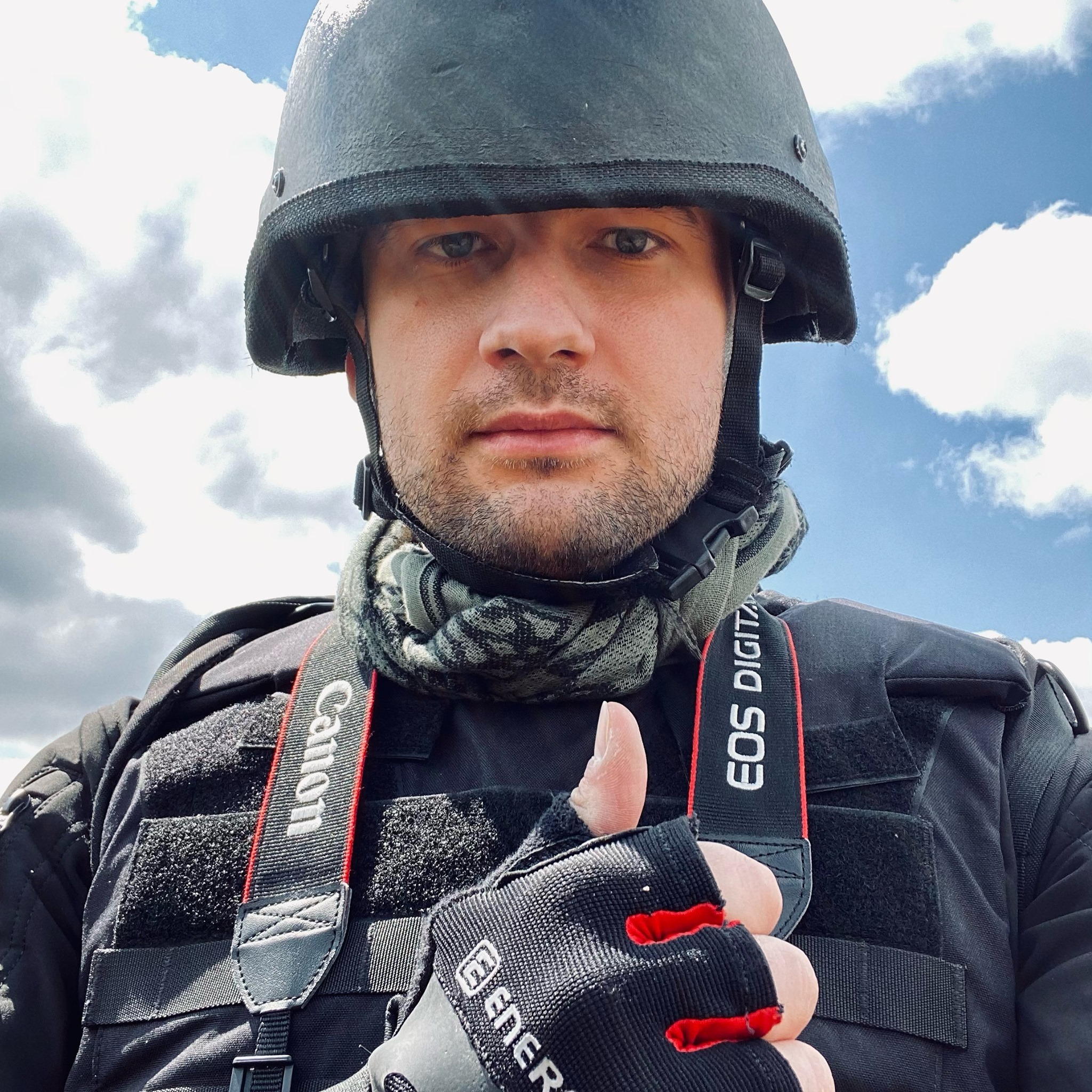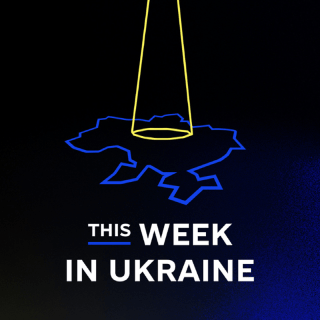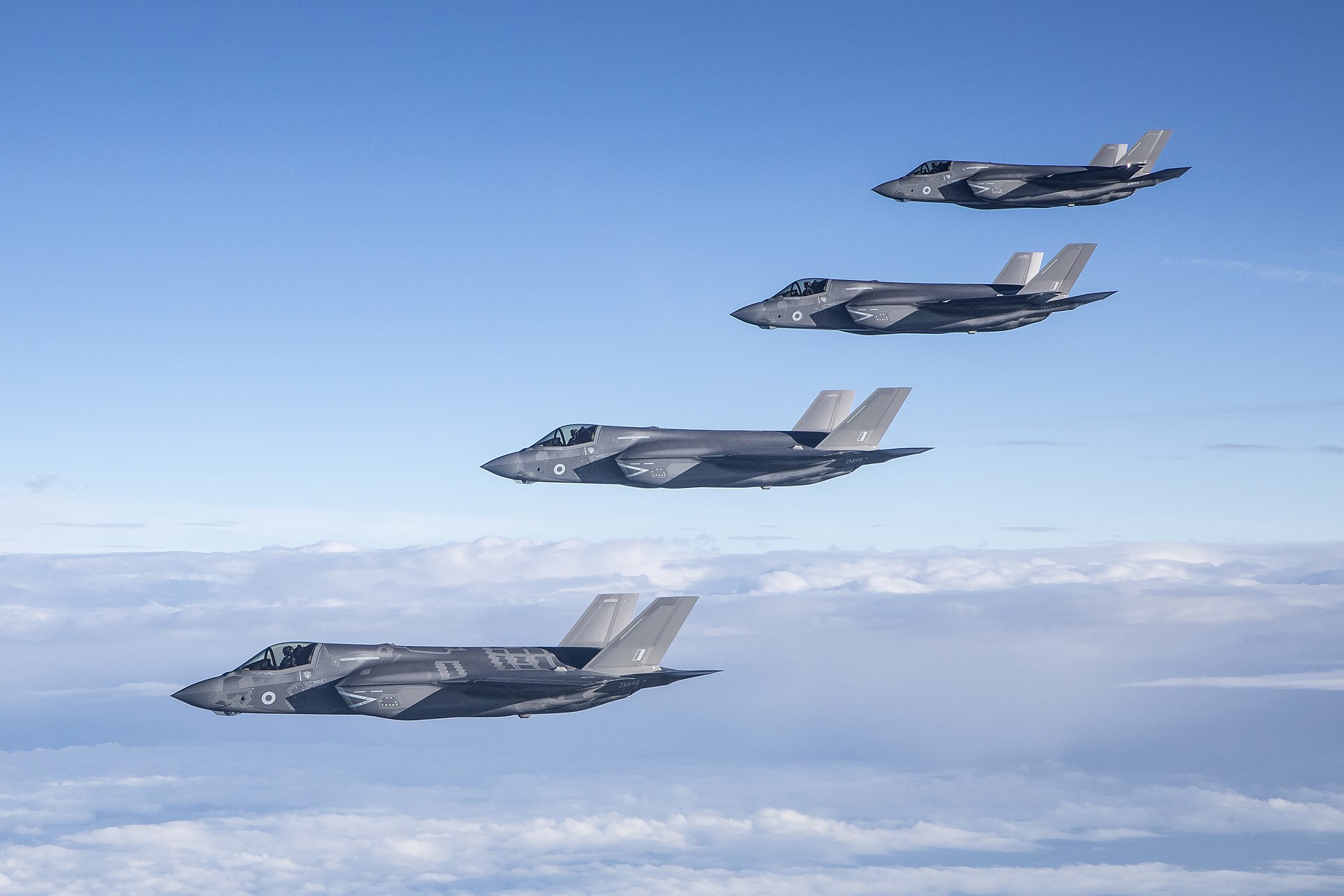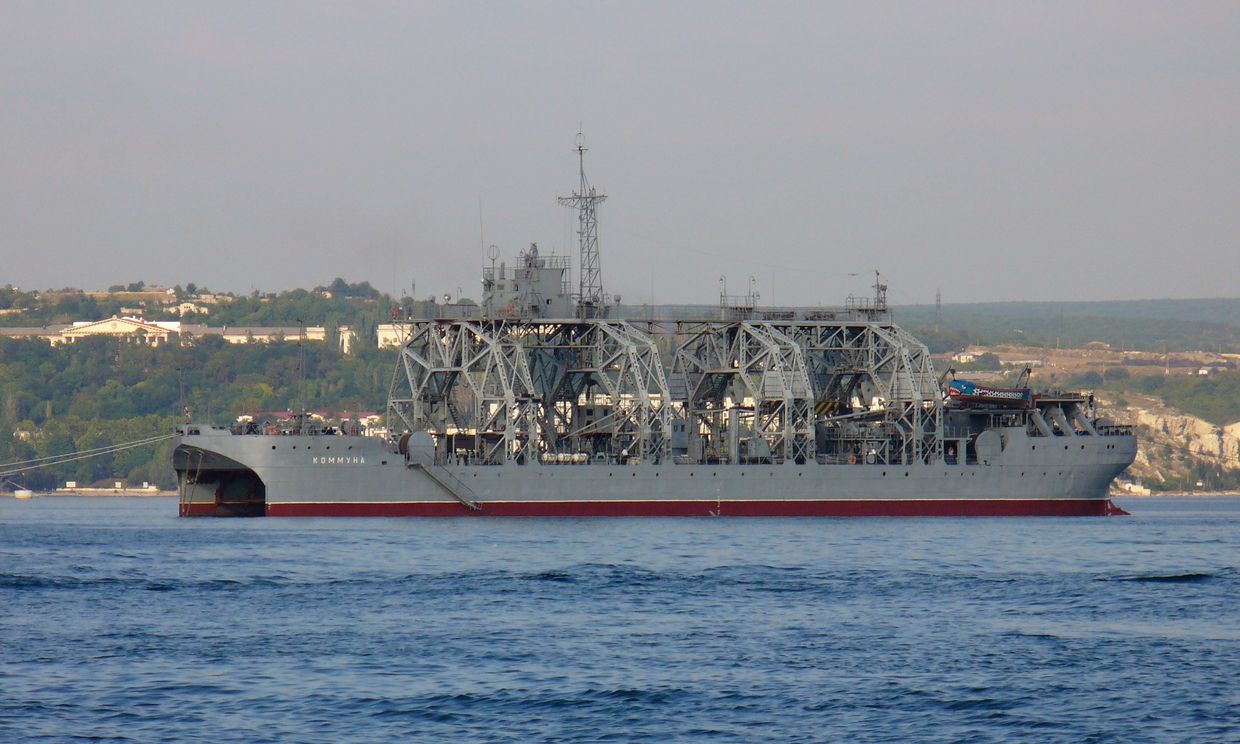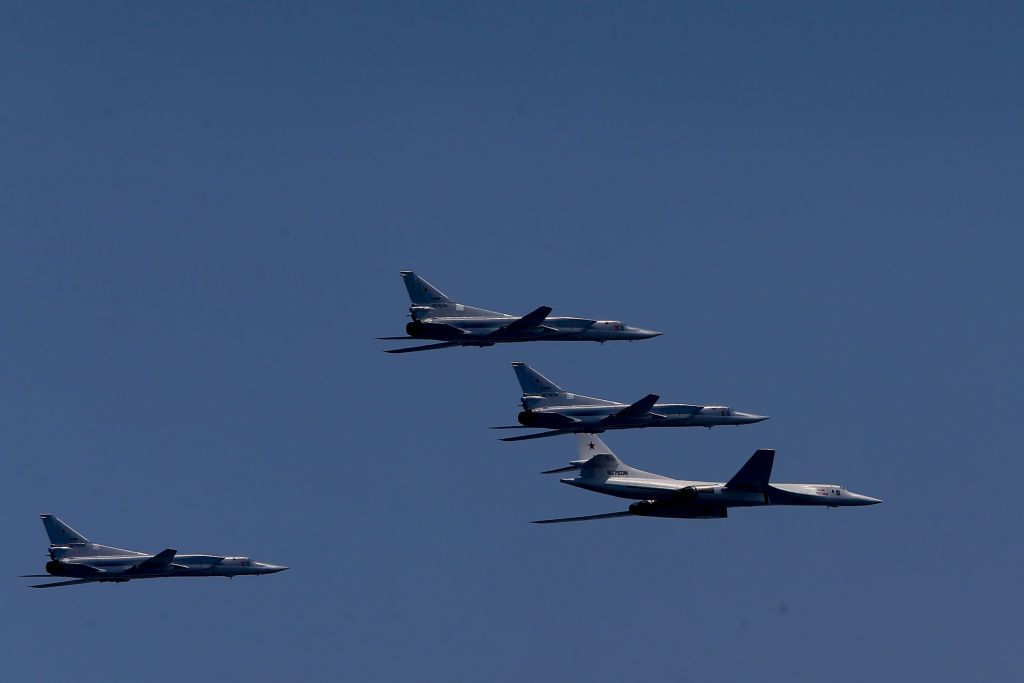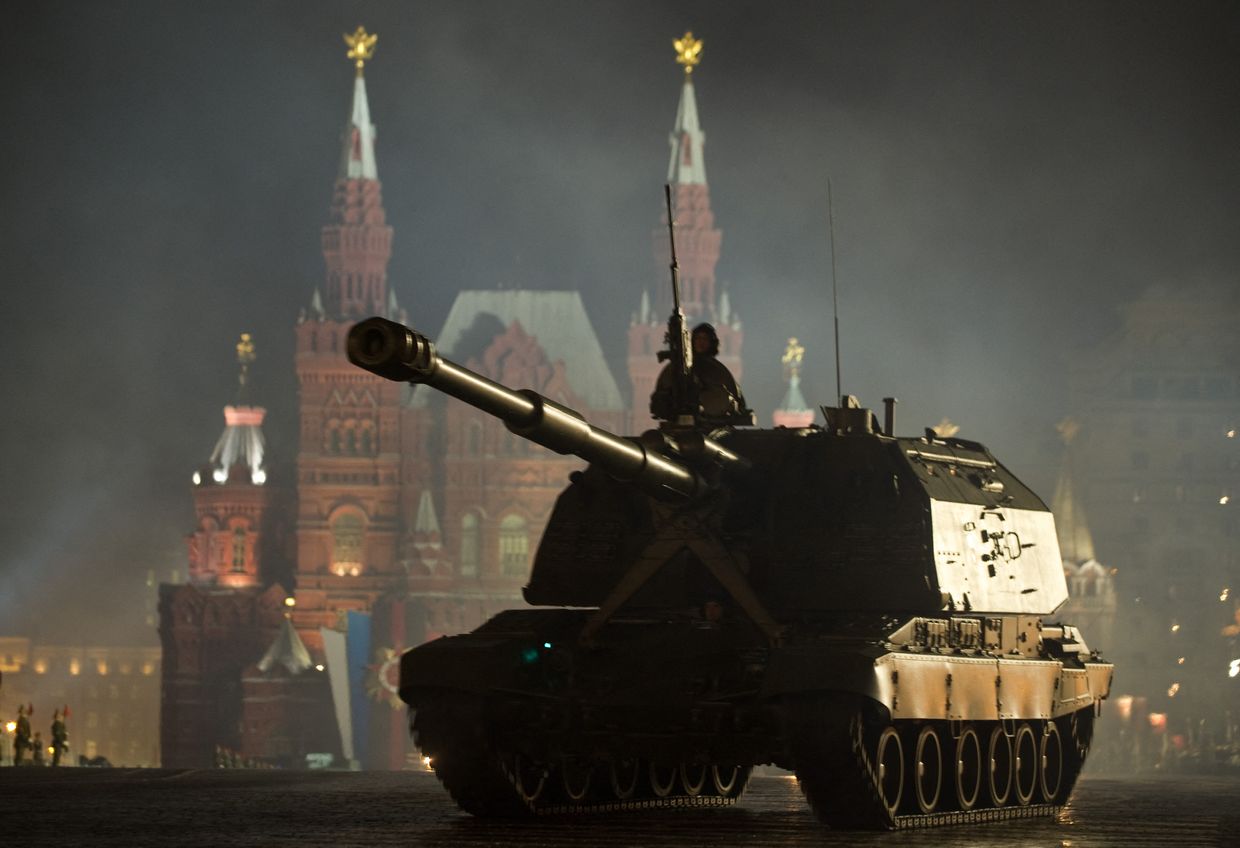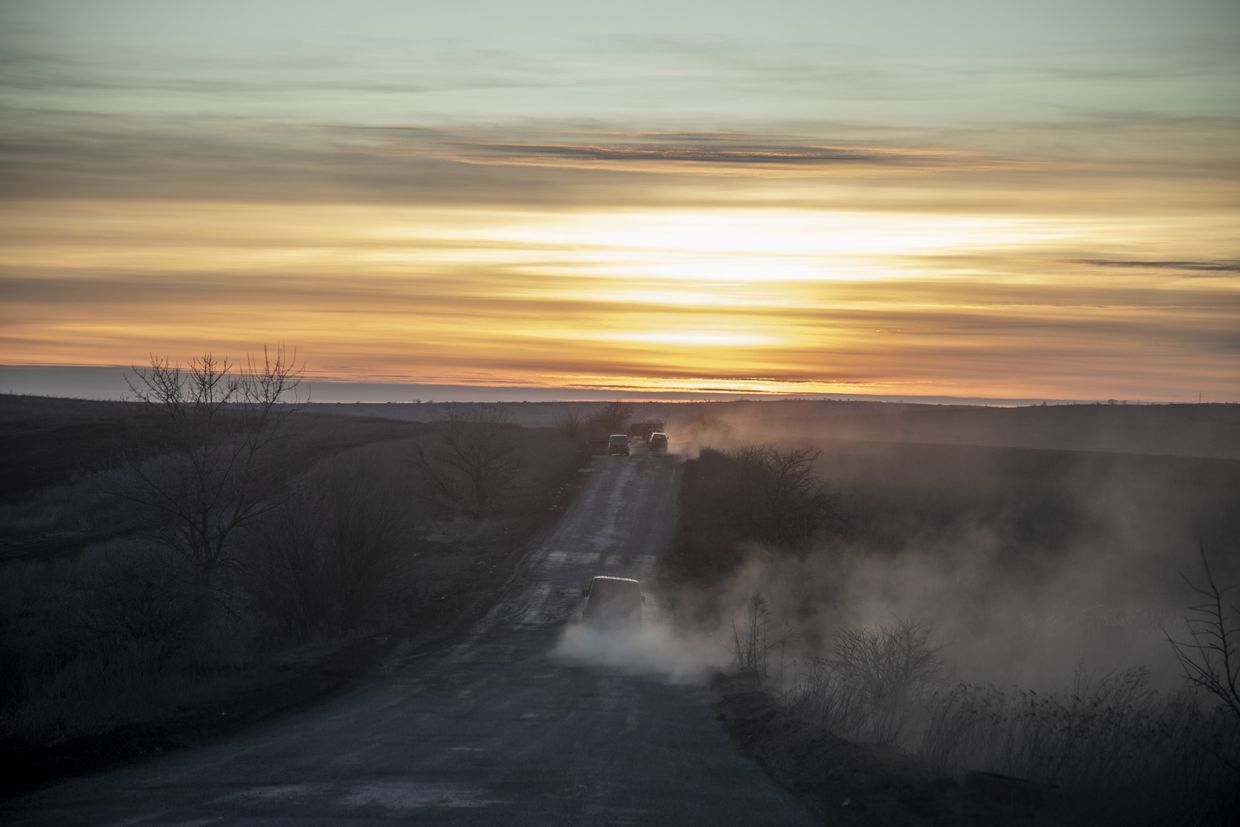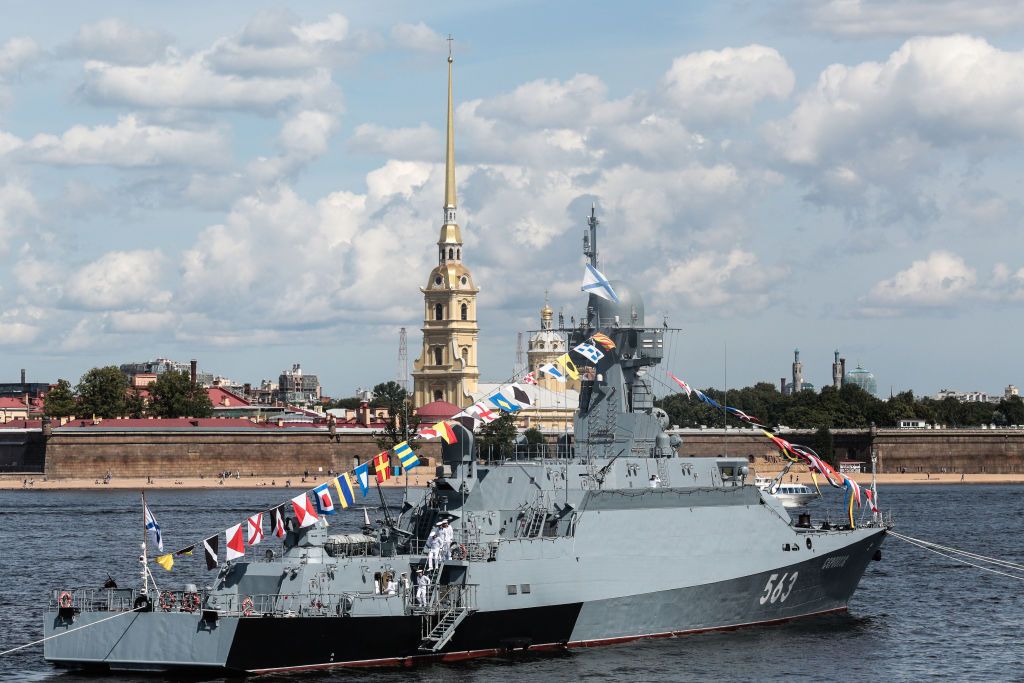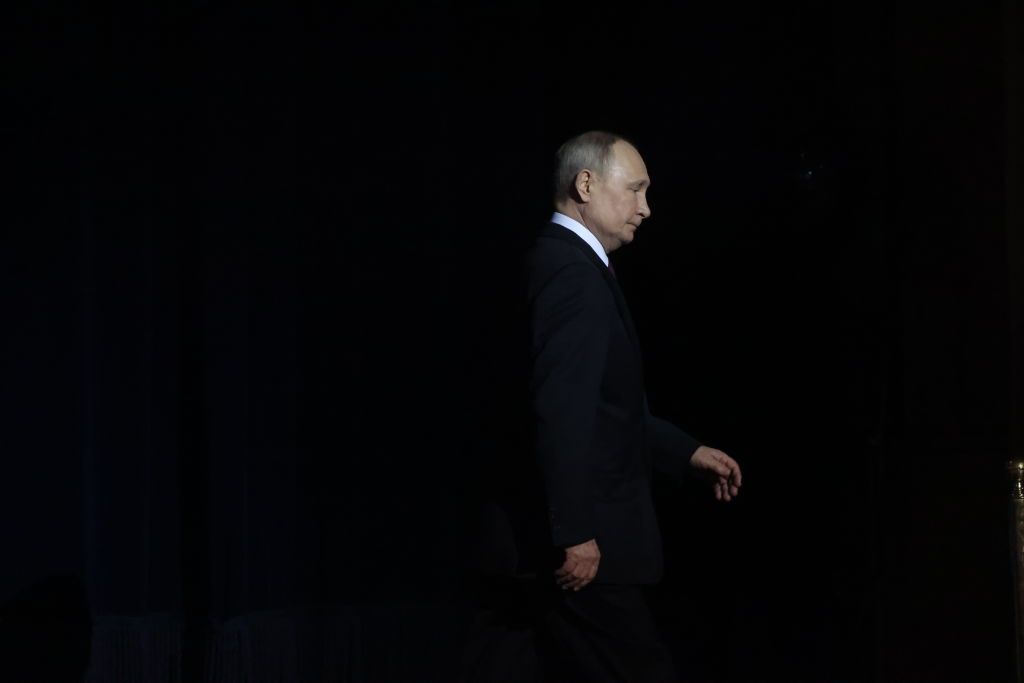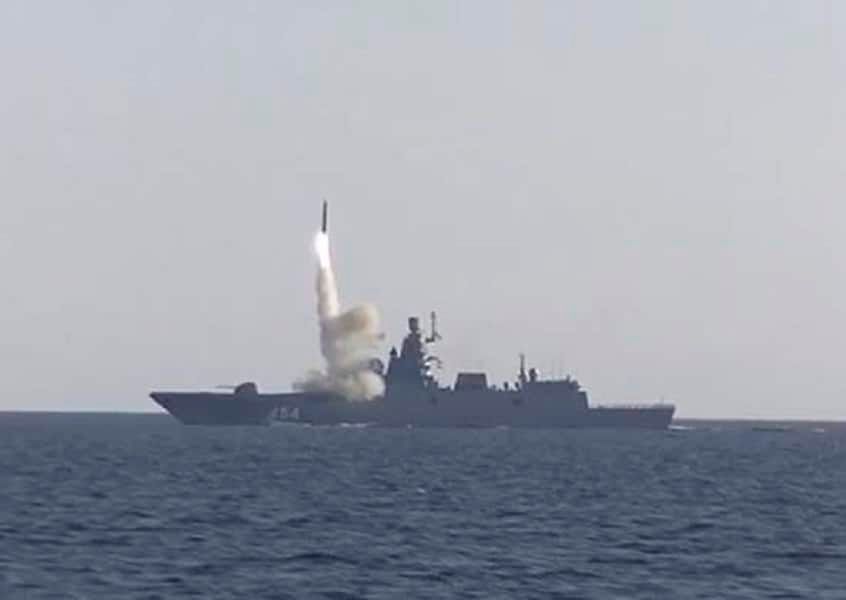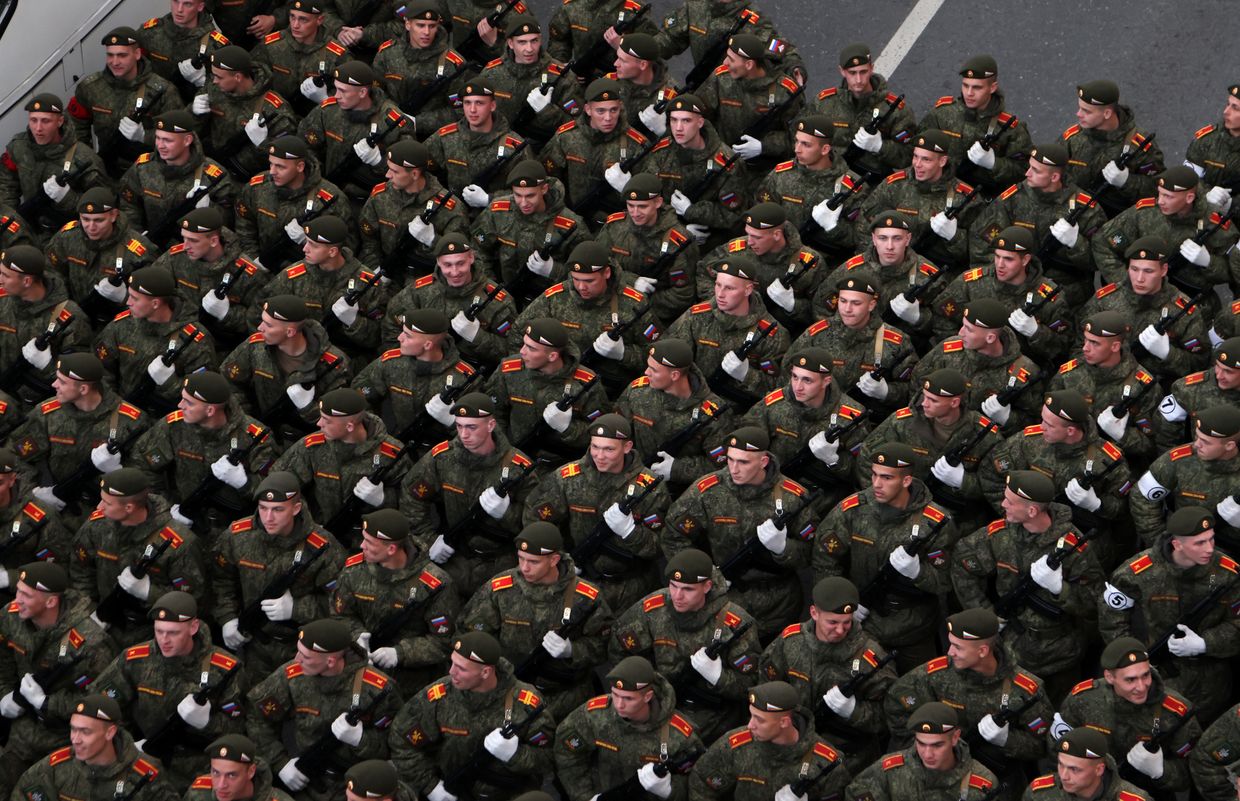A number of NATO militaries are putting their forces on standby and sending more warships and jet fighters to eastern Europe in a bid to deter Russia's aggressive build-up in and around Ukraine.
In a statement released by the alliance on Jan. 24, NATO Secretary General Jens Stoltenberg said he welcomes allies contributing additional forces to NATO.
"NATO will continue to take all necessary measures to protect and defend all allies, including by reinforcing the eastern part of the alliance. We will always respond to any deterioration of our security environment, including through strengthening our collective defense.”
Over the last few days, Denmark has decided to send a frigate to the Baltic Sea and is also set to deploy four Feneraly Dynamics F-16 fighter jets to Lithuania "in support of NATO’s long-standing air-policing mission in the region."
Spain is joining the NATO naval force, and is also considering sending fighter jets to Bulgaria. France has already expressed its readiness to deploy troops on the ground to Romania under the NATO command. The Netherlands is sending two Lockheed Martin F-35 advanced fighter jets to Bulgaria.
The Netherlands is also putting a warship and its ground forces on standby for the NATO Response Force, the alliance's high-readiness multinational force capable of rapid deployments for missions around the world, according to the statement.
During a conversation with Russian leader Vladimir Putin, U.S. President Joe Biden on Dec. 19 vowed to bolster U.S. military presence in Eastern Europe in the event of Russia's new military action in Ukraine.
The acute security crisis in eastern Europe has escalated drastically as Russia continued massing over 100,000-stong military power surrounding Ukraine and issuing aggressive threats towards Kyiv and the West.
According to the 30-nation defensive block, in the recent week, despite an intense diplomatic effort to quell the crisis, Russia failed to curtail its military buildup in the region, raising even more fears of a full-scale invasion.
Amid intense talks, NATO has repeatedly warned Russia of "grave consequences" it would have to face in the event of a new military action against Ukraine.
Russia, in its turn, has repeatedly issued demands towards the U.S. and NATO to assume legal guarantees on Ukraine's non-admission to the alliance, as well as key NATO militaries to withdraw from central and eastern Europe.
NATO officially declined, saying that Moscow has no veto right regarding the Alliance's activities and regarding the nations' decisions to join it.
Moscow, meanwhile, continues issuing threats: On Jan. 21, Russia's Deputy Foreign Minister Sergey Ryabkov said Russia would make "serious political decisions," if its demands regarding the security situation in Europe were not satisfied.
